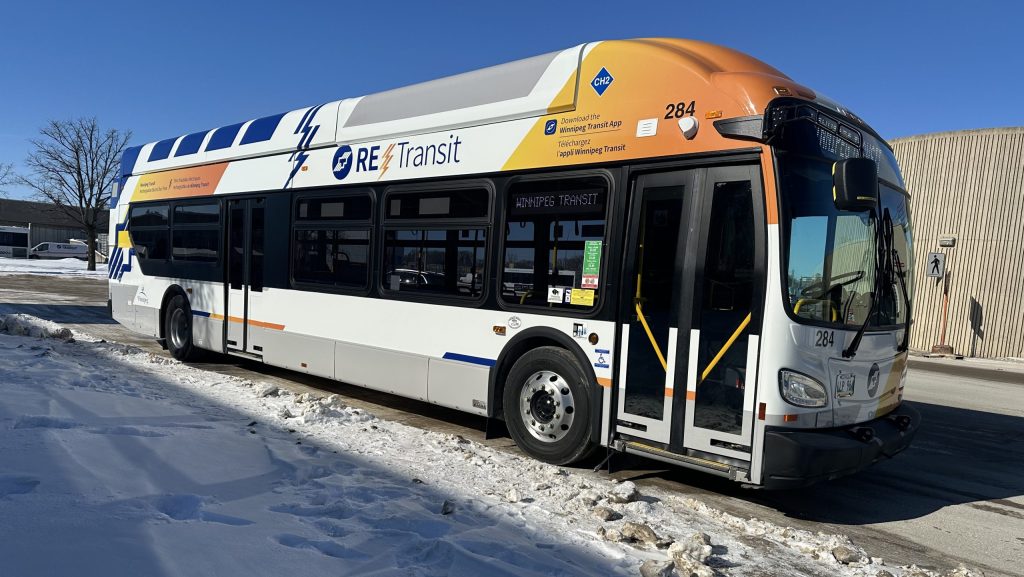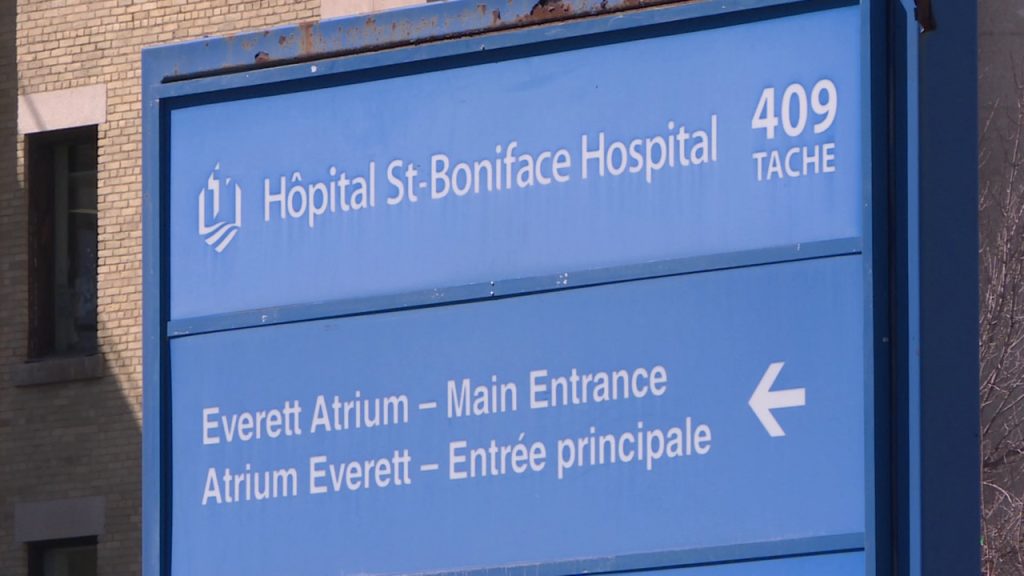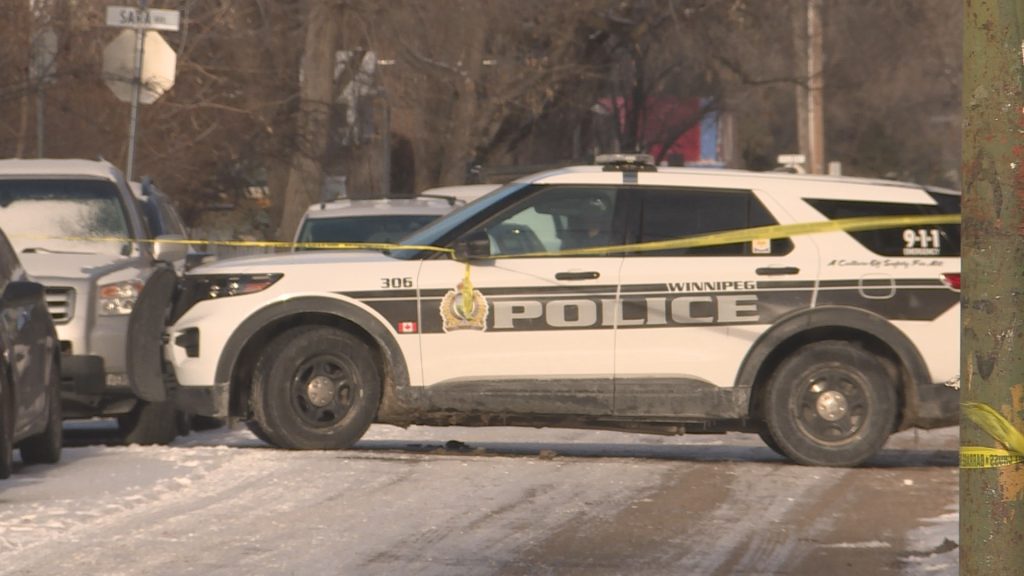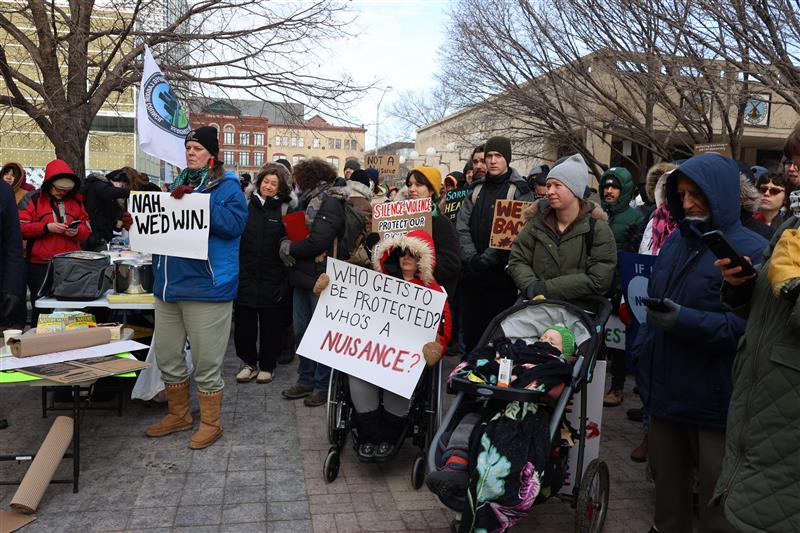Winnipeg unveils zero-emission buses set to hit streets this spring

Posted February 19, 2025 4:36 pm.
Last Updated February 19, 2025 7:33 pm.
The City of Winnipeg unveiled its first zero-emission bus on Wednesday, saying 16 will be hitting the road this spring.
Each of the buses have the capability to eliminate 60-80 tons of greenhouse gas emissions annually.
“This bus, in particular, uses hydrogen, so we fill the bus with hydrogen tanks, it has a fuel cell that converts hydrogen into water vapor and electricity. So the electricity is used to charge batteries as the bus drives, so the only emissions coming from this bus are water vapor coming out of the tailpipe,” explained Erin Cooke, the project manager of the Transition to Zero-Emission Bus Program.
“It’s very exciting for us to be back to being leaders in evaluating zero-emission technology.”
The 16-bus fleet will consist of four 40 and 60-footers that are fuel cells, running on hydrogen. Each bus will be tested, to see which technology is most effective in Winnipeg’s frigid climate.
“Fuel cell buses really are a zero-emission option, but they do have other challenges as well, so that’s what we’re really trying to figure out, how can we further reduce the emissions we have today and what are the challenges with our climate,” explained Cooke.
James Beddome with Manitoba Eco-Network says the project is a step in the right direction, but there are other factors that have to be considered, especially when using hydrogen.
“Obviously any efforts that were taken to lower greenhouse gas emissions is needed,” said Beddome.
“If you’re using green hydrogen vs using blue or grey hydrogen, there’s a lot of differences, most hydrogen that’s on the market today is produced using natural gas, so certainly that’s something that needs to be looked at so that your looking at your overall emissions, but without a doubt modelling new technology is something that we need.”
The city will receive $280 million in federal funding for the program, which will see 24 additional battery-electric busses coming in early 2026, with plans to purchase more this year.








